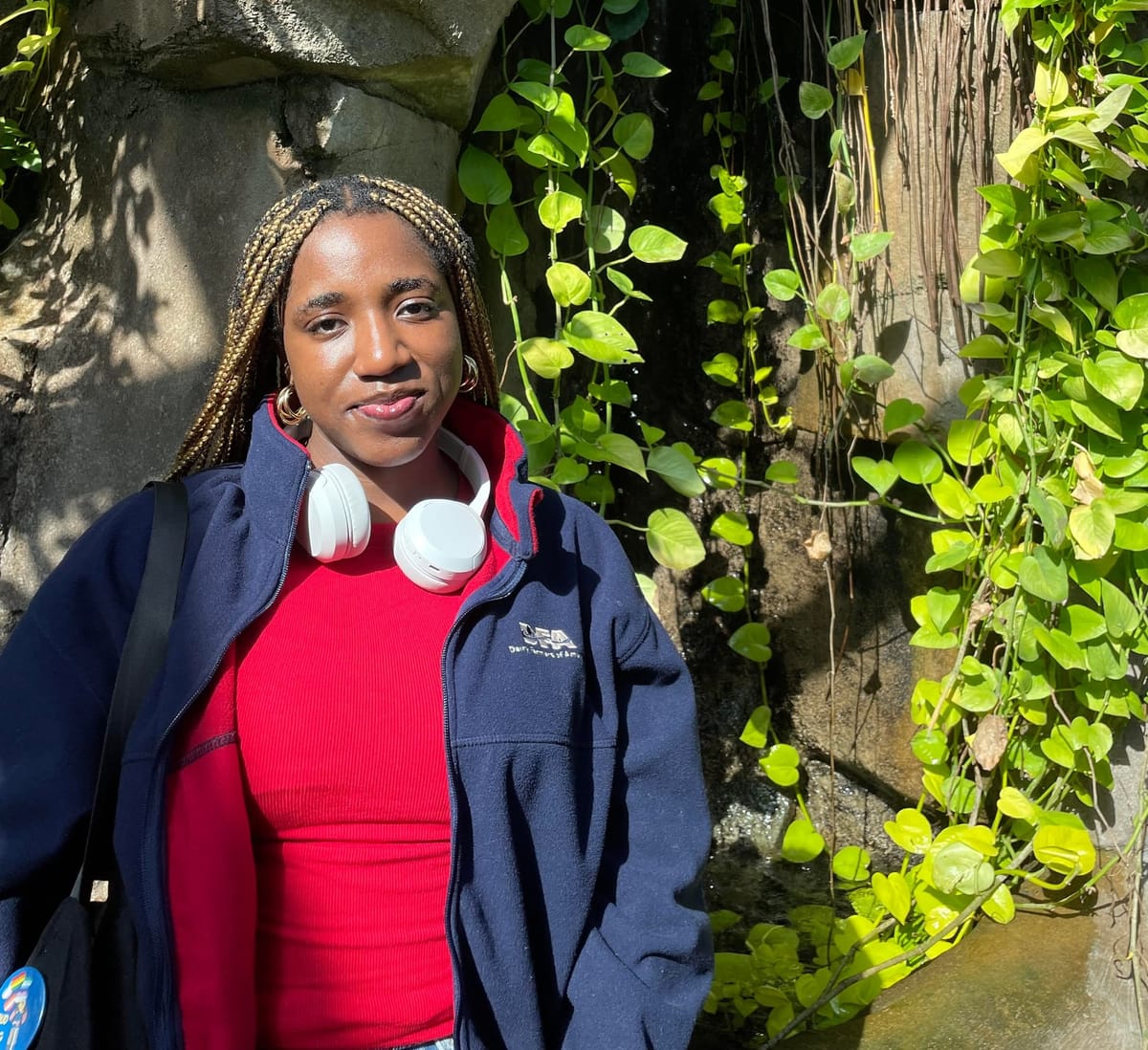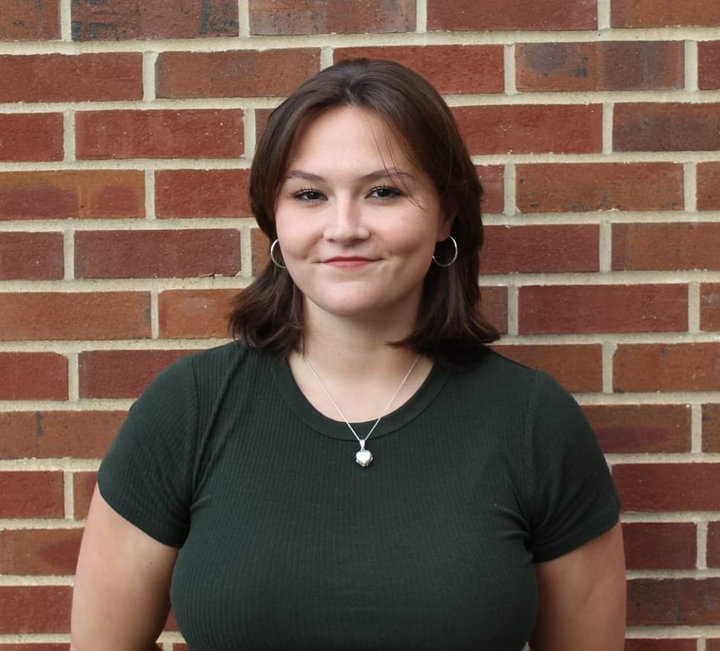Third World language needs to go

I was sitting in one of my classes when a student said, “Third World countries like...,” then proceeded to list out a bunch of African and Latin American countries.
After he said that, I just sat there. I expected something to happen, someone to interject and correct his language, but no one did. I sat there and buried my head in shame because I was the only student in that class from the so-called “Third World.”
For a long time, I never interrogated the use of that word or explored its historical context. In Nigeria, a lot of Nigerian citizens refer to the country as a Third World country.
It wasn’t until I started high school that I questioned my teachers, “Who is in the First World? What happened to the Second? Who dictates where these countries belong?”
My classmates always laughed at me when I asked these questions, and my teachers would throw fits of rage at me for questioning authority. Little did I know that I was asking all the right questions.
“First World” was not initially used to distinguish the countries in the Global South from the Global North. Its original usage was to describe countries that aligned with the Western Bloc of the United States during the Cold War. Although, people argue that its original use was not discriminatory in nature, I disagree. I believe that this word reinforces xenophobic rhetoric that the only relevant events and issues going on are with the “world powers.” This phrase erases the contributions of countries in the Global South in global politics and conflicts. For example, hundreds of thousands of Senegalese soldiers fought for the French in World War II, and this history is rarely mentioned.
Apart from that historical significance, the phrase, “Third World” absolves colonial and imperial powers of their involvement in countries in the Global South. It leaves out years of colonization, imperialism and genocide that have caused myriad problems in the Global South. Calling Nigeria a Third World country ignores years of colonization and forceful amalgamation that resulted in deadly civil wars. Describing the Democratic Republic of the Congo in this way absolves evil colonial masters like King Leopold and greedy corporations of their heinous crimes that set the country on a path of corruption and resource exploitation. Calling Haiti Third World acquits countries like the U.S. of thwarting every effort that this country makes to self-govern and the United States’ economic exploitation of Haiti that has led to gang violence and poverty.
“Third World” should not be used to describe nations, especially in academia. Professors should encourage their students to use alternatives like “Global South” and “Global North” and correct students who use “Third World” language. Making a consensual agreement to adjust to a new form of lingo respects and honors the diverse sociocultural backgrounds of students at Augustana University.



